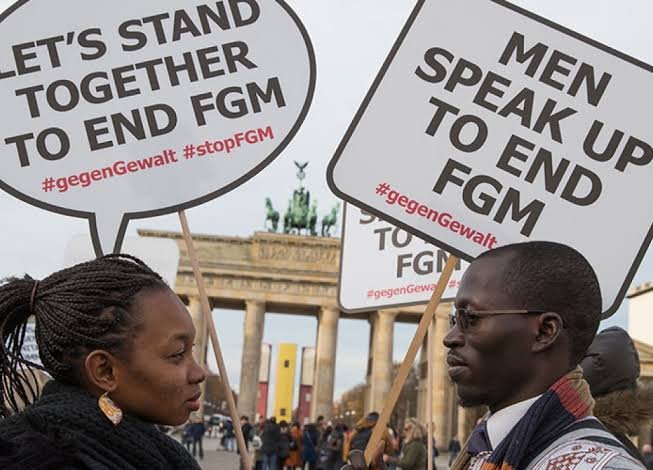Police in The Gambia have charged three women in connection with the death of a one-month-old girl who allegedly underwent female genital mutilation (FGM). This marks the first case of its kind since the country’s parliament upheld the ban on the practice last year.
The procedure, outlawed in The Gambia in 2015 under the Women’s (Amendment) Act, remains common in secret despite being illegal. Authorities say one of the women faces life imprisonment, while the other two have been charged as accomplices.
According to police, the baby suffered severe bleeding after being subjected to the procedure. She was rushed to Bundung Maternal and Child Health Hospital but was declared dead on arrival.
FGM, which involves the partial or full removal of external female genitalia, is condemned by the World Health Organization as a form of torture with no health benefits. It can cause lifelong physical and psychological harm, and in severe cases, death. The United Nations estimates that 75% of Gambian women have undergone the practice.
The case has sparked renewed outrage among human rights advocates. Emmanuel Daniel Joof, chair of the National Human Rights Commission, called it “a national wake-up call,” urging authorities to fully enforce the law. Civil society groups stressed that justice must be done to protect the rights and lives of girls.
Meanwhile, some religious and cultural groups continue to defend FGM, describing it as a tradition rooted in faith and community values, and have called for the ban to be repealed.



